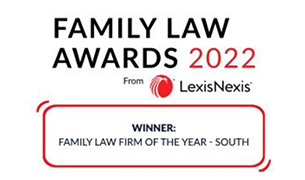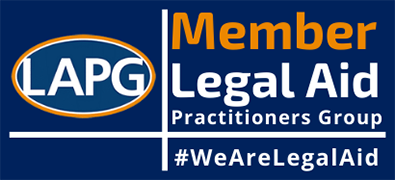A conversation in the pub
In disputes between cohabitees, romantic conversations between couples can have very significant implications. This is what happened in the recent case of Horn v Chipperfield.
“Well, that’s it Chip, we are now 50/50 owners but that means you owe half the debt as well.”
Those are the words Mr Horn spoke to his long-term unmarried partner Miss Chipperfield in a pub one night and which later decided the outcome of their court case.
They were long-term unmarried partners with two children. They sold their respective homes and bought a house together for £750,000, to which Mr Horn contributed £275,000 compared to £39,000 contributed by Miss Chipperfield. The rest was raised with a mortgage of over £400,000 in their joint names. When they separated, Mr Horn claimed a larger share of the property.
The trial judge found the conversation in the pub to be evidence of what they both actually intended. He found that Mr Horn had undervalued the non-financial contribution made by Miss Chipperfield in looking after the family and had ignored the fact that she assumed joint responsibility with him for the large mortgage.
On his appeal, Mr Horn’s barrister tried to argue that the term 50/50 used by Mr Horn was a figure of speech that was not to be taken literally. This was because their conveyancing solicitor had advised what would happen if they died (the survivor would inherit), but had not advised what would happen if they separated (their shares would be presumed to be equal). Mr Horn therefore tried to argue that he did not realise he would have to share equally on separation and his words in the pub should not be taken to mean that.
The judge felt the conversation in the pub was sufficiently clear in the context of a long-term committed relationship with children to hold Mr Horn to the agreement to share the property equally. So that’s what happened, and Mr Horn was ordered to pay Ms Chipperfield’s legal costs as well as his own.
When things are going well, unmarried couples often have conversations like this. However, when a couple fall out, there is often a tendency to re-interpret or deny the significance of the conversation. Because the court is looking for what the parties agreed at the time of purchase, cases can often turn on such small details.
The lesson here is that an unmarried couple buying together should always ensure that their conveyancing solicitor advises them in writing what joint ownership means, not just on death but also on separation. Full advice on purchase, or a written cohabitation agreement confirming their shares would have saved this couple a great deal of time and money.
If you need any advice on unmarried finance, please do contact us.
Need some advice? Get in touch today
"*" indicates required fields
The information submitted here is used and stored for the purpose of replying to the enquiry. For more information on how we process data please visit our Privacy Policy.









